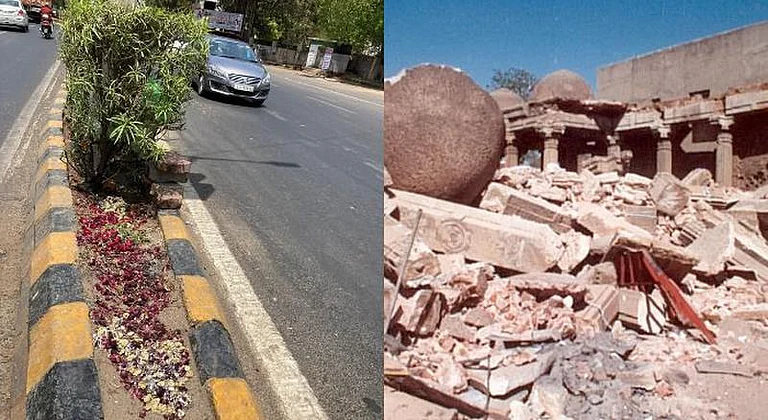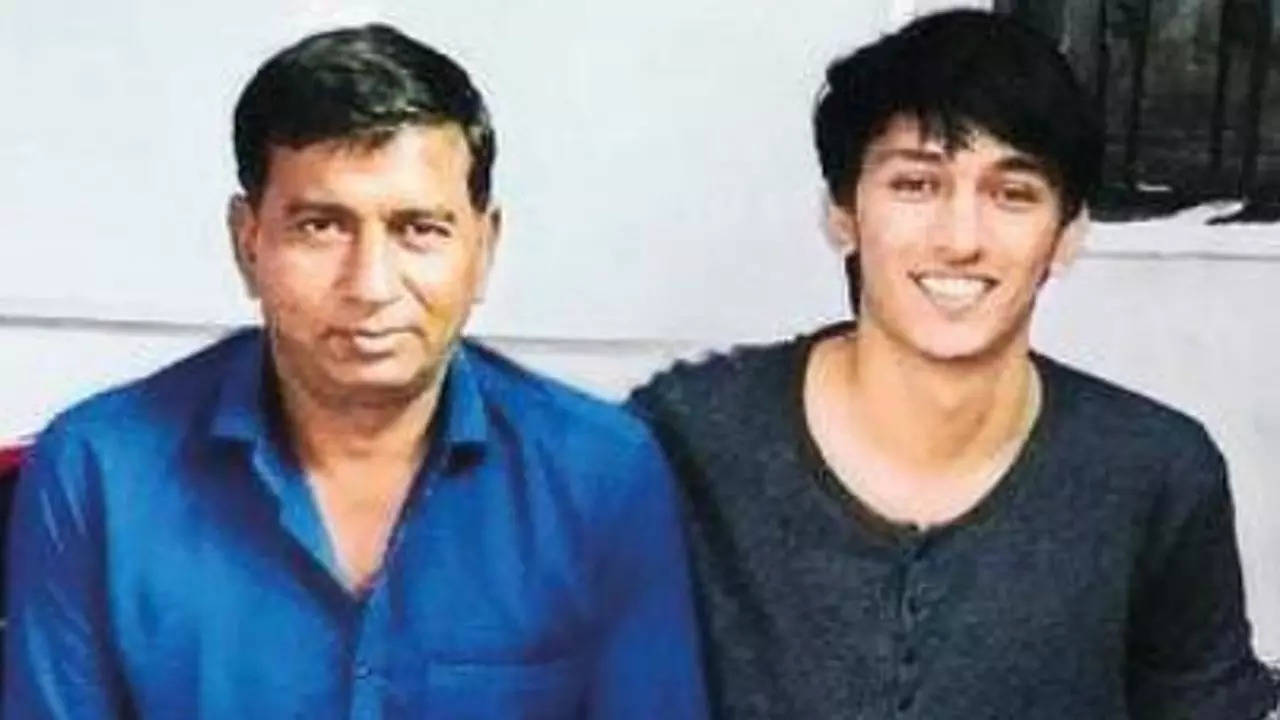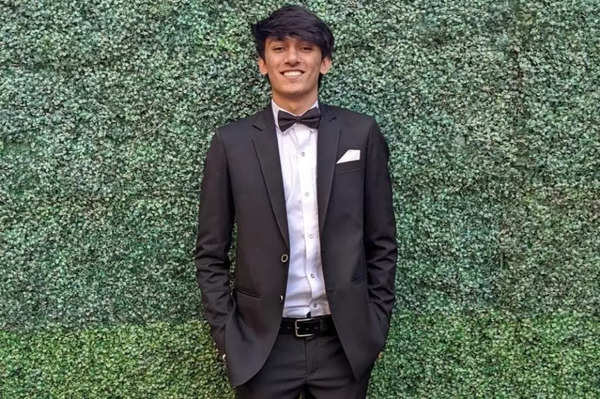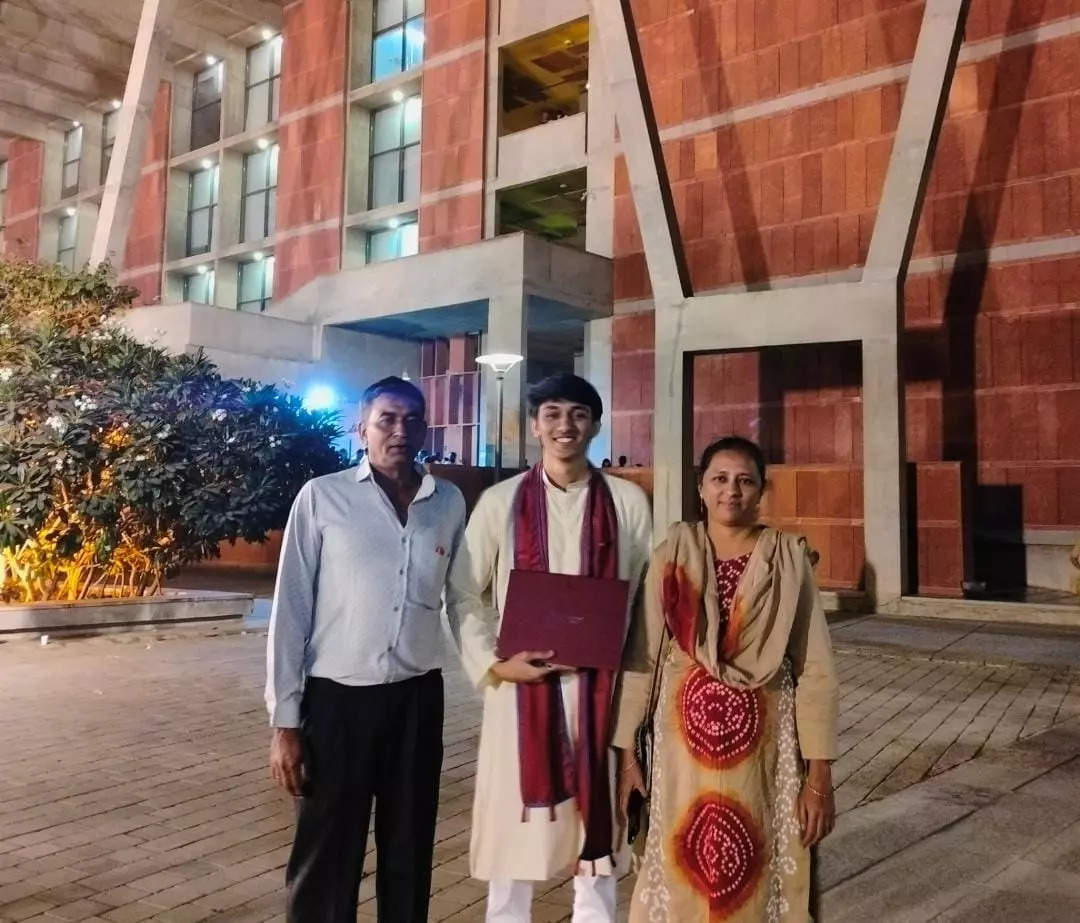Ahmedabad, GUJARAT :
Built in the 15th century, Sarkhej Roza on the outskirts of Ahmedabad holds many different worlds within its vast expanse.

The site comprises a mosque, tombs as well as mausoleums, palaces, pavilions, and noble houses (Express/Bhupendra Rana)
As the sun begins setting behind the domes, the rays filter through the stone filigree splashing a gold hue in the vast compound. The devout makes their way to the vast mosque for the evening prayers; in another corner, a seeker sits in the enclosure housing a tomb, lost in a world of her own. Under the baradari, a weary traveller takes a nap; at the dried-up reservoir beyond the mosque, children play a game of cricket.
Built in the 15th century, Sarkhej Roza on the outskirts of Ahmedabad holds many different worlds within its vast expanse. The monument complex stands as a testament to Gujarat’s rich cultural and architectural heritage.
The site comprises a mosque, tombs of sheikhs, sultans, and the royal family, as well as mausoleums, palaces, pavilions, and noble houses. At its heart lies the famous Ahmed-Sar Tank, a man-made lake excavated in the 15th century by Sultan Mehmud Begada, the great-grandson of Sultan Ahmed Shah, who founded Ahmedabad in 1411.
A protected monument, Sarkhej Roza falls under the Archaeological Survey of India (ASI) and the Sarkhej Roza Committee. Built in a village of indigo dyers and weavers, the monument, said to have been built by Ahmed Shah’s successor and son, Muhammad Shah II, became the repose of the mid-15th century Saint Shaikh Ahmad Ganj Baksh Khattu, one of the four Ahmads who laid the foundation of Ahmedabad in 1411 AD. Following his death in 1446 AD, Sultan Muhammad Shah II commissioned an exquisite tomb and mosque in his memory, which were later completed by his son and successor, Sultan Qutbuddin Ahmad Shah II, between 1451 and 1458 AD. Over time, Sarkhej Roza became a favoured retreat for Gujarat’s sultans and eventually evolved into a Sufi town with the addition of palaces, gardens, pavilions, royal tombs, grand gateways, and a vast artificial lake spanning 17 acres.
Historians and architectural experts consider Sarkhej Roza a unique and unparalleled collection of historical buildings. Its Indo-Saracenic architecture seamlessly blends elements of Hindu, Jain, and Islamic design, creating a masterpiece.
Among the mausoleums of Agra and Gujarat, Sarkhej Roza is believed to be the largest architectural complex of its kind. The site holds deep spiritual significance for both Hindus and Muslims, attracting visitors from all walks of life.
The intricate jali work on the outer and inner walls showcases beautiful geometric patterns, while the exquisite craftsmanship in brass, silver, and enamel enhances its aesthetic appeal. Sultan Mahmud Begada, known for his bravery and vision, decorated the structure in such a way that many believe it contributed to Ahmedabad’s recognition as a Unesco World Heritage City, although it is some 10 km from the walled city that got the tag in 2017.
Beyond its architectural splendour, Sarkhej Roza is home to priceless historical artefacts, including coins from the Sultanate period of Gujarat. The monument also houses incomplete yet beautifully handwritten copies of the Quran, a manuscript of Hidaya, and a printed Quran with Persian and Urdu translations. Additionally, an old handwritten copy of the Quran, completed in 1649 in the elegant Naskh script, remains one of the site’s treasured possessions.
Over the years, Sarkhej Roza has hosted several prominent events and dignitaries. On World Heritage Day (November 18, 2010), the complex welcomed Prime Minister Narendra Modi, who was then Gujarat chief minister.
Last month, during a Sufi event in New Delhi, PM Modi recalled how he had restored Sarkhej Roza when he was the Gujarat CM. “When I was the CM, a lot of work was done on its (Sarkhej Roza) restoration and very few people would know that there was a time when Krishna Utsav was celebrated with great pomp and show in Sarkhej Roza…,” Modi said.
Other notable visitors include the Iran embassy’s Khawaja Piri (August 8, 2006), Bollywood legend Amitabh Bachchan (January 26, 2014), and poet-lyricist Javed Akhtar (December 2, 2010).
A few scenes of Shah Rukh Khan-starrer Raees (2016) were also shot here.
Subamiya Akberali Kadri, a retired national union leader in the banking industry, has been visiting the dargah at Sarkhej Roza since 1974. He said, “Over the years, I have actively participated in various events. One memorable occasion was when a Sufi disciple from the Rumi Sufi Academy in San Francisco performed a Sufi dance. That day, I delivered a speech on Sufism.”
During the holy month of Ramzan, Sarkhej Roza transforms into a vibrant hub of community gathering with people assembling here for evening prayers and iftar, sharing meals as a gesture of unity and harmony.
Bhavna Ramrakhiani, founder of Sarkhej Roza Crafts and Saanjhi Virasat, a community promoting diversity and heritage, said, “People are not permitted to live inside the monument except during the last 10 days of Ramzan when devotees stay inside the mosque for prayers.”
On other days, Sarkhej Roza remains a favoured destination for school trips, vacations, picnics, and family outings – and an occasional seeker looking for solace.
source: http://www.indianexpress.com / The Indian Express / Home> News> India / by Sande Gona (an intern with The Indian Express, Ahmedabad / with inputs from ENS, New Delhi / Ahmedabad, April 19th, 2025.



















